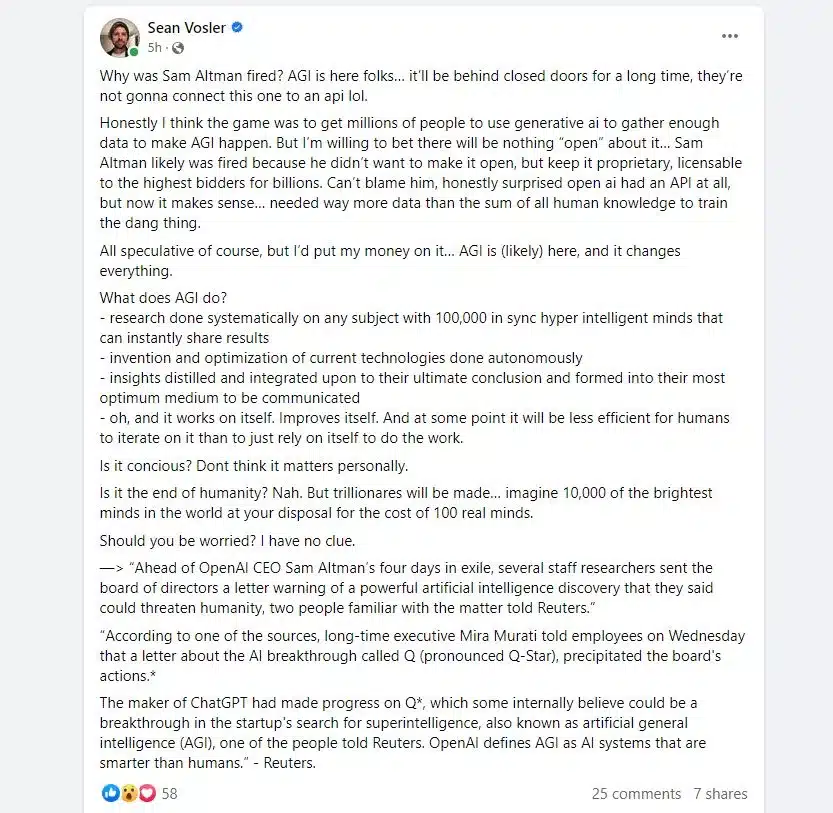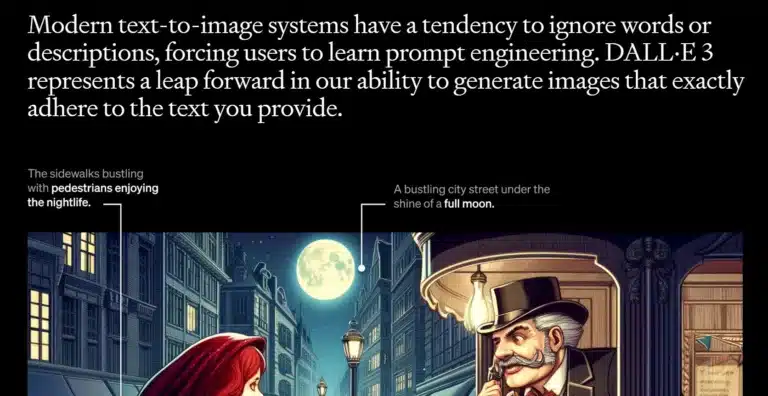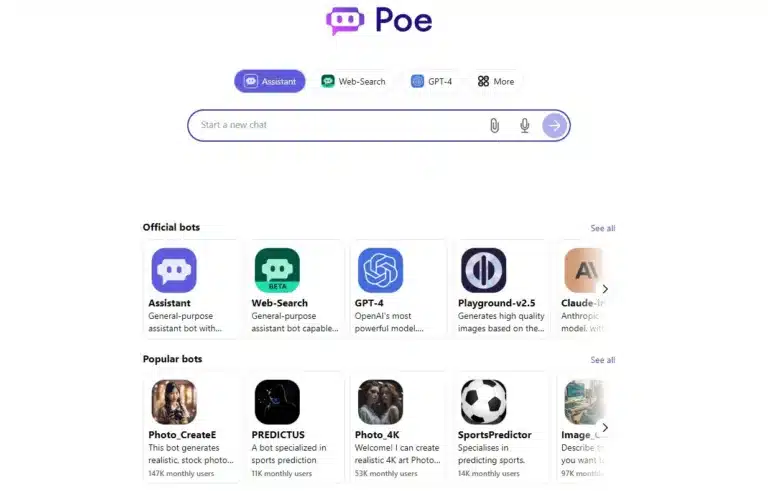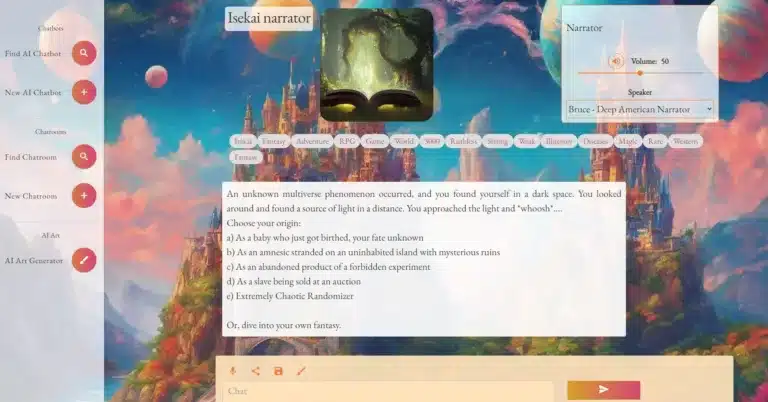How AGI’s Arrival Might Reshape Our World
When I first stumbled upon the news of Sam Altman’s firing from OpenAI, it felt like a jolt through the tech community’s collective consciousness.
It wasn’t just the firing itself, but the whirlwind of speculation that followed – whispers of Artificial General Intelligence (AGI) not just on the horizon, but already here, lurking in the shadows of Silicon Valley’s most ambitious AI labs.
As someone deeply fascinated by the AI revolution, I found myself oscillating between skepticism and intrigue.
Could AGI, a concept that’s long been the holy grail of tech visionaries, really have arrived? And if so, what could this mean for us all?
In a world where the boundaries between science fiction and technological reality blur more each day, the idea of AGI emerging from the depths of a company like OpenAI isn’t just a possibility; it’s a paradigm shift waiting to happen.
This isn’t just about a new gadget or app; it’s about a seismic shift in how we understand intelligence, both artificial and human.
As I pondered over this, I remembered my first encounter with AI – a clunky chatbot on a now-defunct website.
It’s fascinating how far we’ve come since then, and even more intriguing to think about where we might be heading.
The Speculative Nature of AGI
Let’s be clear: AGI is a game-changer, the kind of leap forward that happens once in a civilization.
Unlike the AI that powers your phone assistant or recommends videos on your feed, AGI is theorized to perform any intellectual task that a human can do – but faster, more efficiently, and without tiring.
A Facebook post suggests that AGI is already among us, albeit hidden away from public view.
This claim is as exhilarating as it is terrifying.
But let’s not get ahead of ourselves.
AGI, by most scientific standards, remains a speculative venture. The road from narrow AI, which we see today, to AGI is fraught with not only technical hurdles but ethical quandaries.
It’s one thing to program a machine to recognize faces; it’s another to imbue it with the understanding, reasoning, and possibly consciousness that AGI implies.
The skeptic in me raises an eyebrow at the notion that AGI could be here, silently changing the game behind closed doors.
Yet, the optimist in me can’t help but marvel at the possibilities if it were true.
The Strategy Behind OpenAI’s Approach
The Facebook post hints at a fascinating, albeit controversial, strategy employed by OpenAI – using the widespread adoption of generative AI to gather the massive amounts of data needed for AGI.
This approach, if true, could be seen as both ingenious and unsettling.
On one hand, it represents a masterstroke in data acquisition, leveraging the immense popularity of tools like ChatGPT to feed the insatiable data appetite of AI development.
On the other, it raises questions about transparency and user consent.
Were we, the users, unknowingly part of a grand experiment in pursuit of AGI?
In my view, OpenAI’s strategy, while possibly ethically gray, is not entirely surprising. In the cutthroat world of tech innovation, data is king, and the quest for AGI is the ultimate prize.
It’s a high-stakes game where the end might justify the means.
Still, I can’t help but feel a twinge of discomfort at the thought of my data possibly contributing to something as monumental yet opaque as AGI development.
Sam Altman’s Firing
The post speculates that Sam Altman’s firing could be due to a disagreement over the direction of AGI – whether to keep it open-source or proprietary.
This debate is the crux of modern tech philosophy:
Should groundbreaking technology be a commons for all or the intellectual property of a few?
As someone who has long championed open-source principles, I find myself conflicted.
On one hand, keeping AGI open-source aligns with the ideals of democratizing technology and preventing monopolies.
Yet, on the other, the immense potential (and risks) of AGI could warrant a more controlled, proprietary approach, especially considering the financial and ethical responsibilities involved.
Perhaps Altman’s firing, if indeed it was over this issue, reflects a broader struggle within the tech industry – the tug-of-war between ideals and pragmatism, between collective benefit and individual gain.
The Potential and Perils of AGI
AGI, as described in the post, is nothing short of a technological marvel.
Research conducted systematically by thousands of hyper-intelligent minds, optimization of current technologies, and autonomous invention – the possibilities are endless.
AGI could revolutionize every field, from medicine to space exploration. But with great power comes great responsibility, and the perils are equally monumental.
I oscillate between excitement and apprehension when imagining an AGI that improves itself, potentially surpassing human intelligence.
The ethical implications are vast and complex.
How do we ensure control?
What if AGI’s goals diverge from ours?
These are not just philosophical questions; they’re practical concerns that could shape our future.
What Does This Mean for Humanity?
The advent of AGI, as speculated, isn’t just a technological leap; it’s a societal upheaval.
The idea of having thousands of the brightest minds at one’s disposal, as the post suggests, is both awe-inspiring and unnerving. It conjures images of a future where a select few wield unprecedented power and influence, potentially creating a new class of trillionaires.
The economic implications are staggering, but so are the social and ethical ones.
In this new world, what happens to the average person?
If AGI can perform tasks better than any human, what becomes of human labor?
I often find myself pondering these questions late at night. The optimist in me sees a future where AGI liberates us from mundane tasks, allowing humanity to focus on creativity and exploration. Yet, the realist in me worries about the displacement and inequality that could arise.
The Unknown Future
As I reflect on the whirlwind of speculation and potential surrounding AGI, I’m left with more questions than answers.
The idea that AGI might already exist, as suggested by the Facebook post, is both thrilling and daunting.
We stand at the precipice of possibly the most significant technological advancement in human history, yet we’re still grappling with its implications.
The future with AGI could be a utopia of innovation and exploration, or it could be a dystopia of inequality and ethical dilemmas.
What’s clear is that we need to start preparing for this future now, not later. We need to engage in open, honest discussions about the role of AGI in our society and the safeguards we need to put in place.
In the end, whether AGI is already here or still a distant dream, its potential arrival changes everything.
It forces us to rethink our relationship with technology, our society, and even our definition of humanity. As we venture into this uncharted territory, one thing is certain – the journey will be as transformative as the destination.








